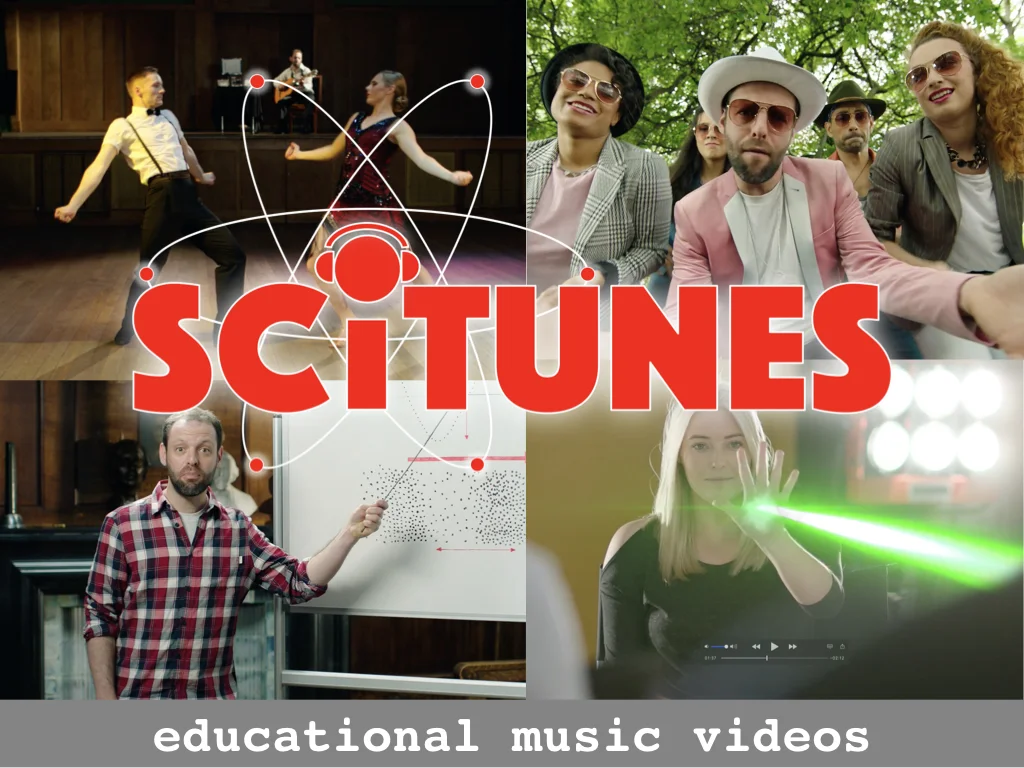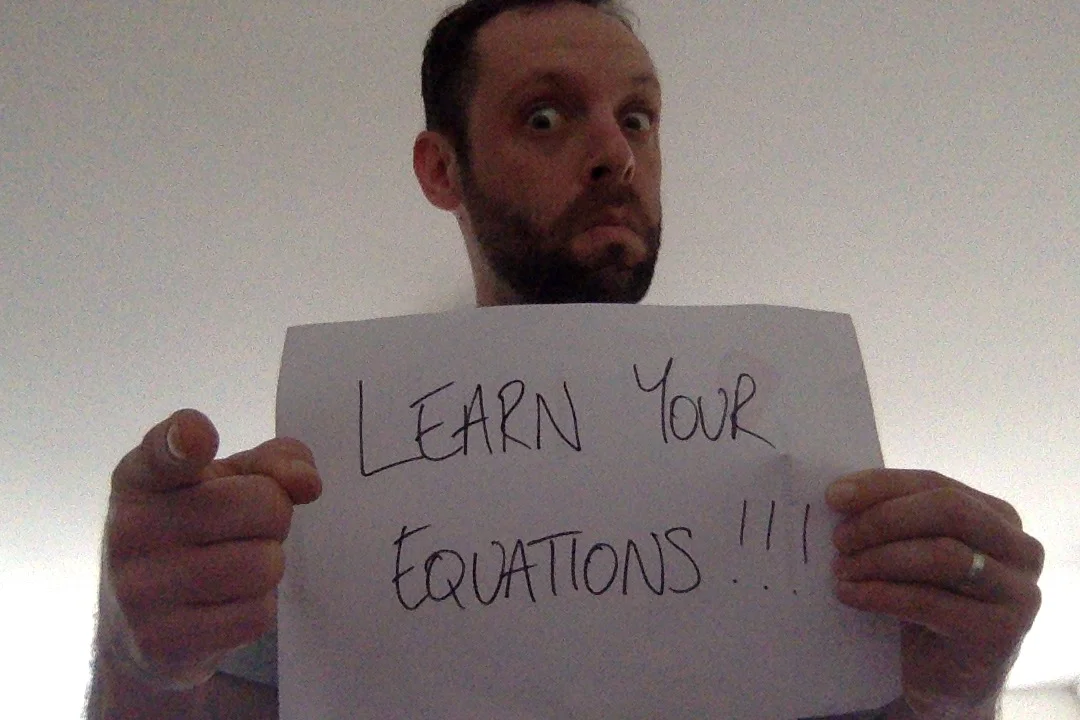Most people have an intuitive sense that songs help encode information. After all, you can probably remember the words to songs that you have not heard since childhood. Advertisers have been associating brands with tunes and phrases for years for this reason. There is not a great deal of research on the efficacy of using songs to teach science, but there is no shortage of wider research from neuroscience, psychology and sociology suggesting that it could be very effective. This is intended to be a brief run down of that research.
Read MoreMost students enjoy it when their teacher does something a little different to break up the lesson and our music videos are great for this, but they are designed to be much more than a bit of fun or an attention grabber. Here are six ways that the SciTunes music videos and accompanying worksheets can be used in the classroom to enhance learning, making the most of a song-based approach.
Read MoreThis week I launched the first of five new music videos directly related to the secondary physics curriculum. As the others are released over the next few weeks, the Sci Song Guy blogs will be devoted to using songs for revision and in the classroom. The songs, which will cover particle theory, electricity, radioactivity, forces, and waves have been funded by the Stephen Hawking Foundation as part of their mission to improve science education and increase participation.
Read MoreEvery year, the Association of Science Education (ASE) hosts one of the largest science education conferences in Europe. Last week, I went to get my fix of the latest research and practice, seeing too many talks to relate them all but for my first blog of the year I will write about the top four things I took away from it. Naturally, the talks I went to reflected my interests: using evidence based interventions, using arts and discussion based interventions to foster engagement and deep learning, and to communicate science in a way that addresses inequality. As a result, this may give a somewhat narrow view of the conference but pleasingly, these topics were all fairly high on the agenda so here they are..
Read MoreA big motivation for the revision songs that I have been writing is the new content heavy GCSE curriculum. There is a lot to remember and for the physics students they now have to remember 20 odd equations. In a meeting with the Institute of Physics a couple of years ago I outlined the benefits of using songs to remember facts such as equations. Their reaction was that they could not support the rote learning of the physics equations. This is sound educational thinking. The equations of physics provide a beautifully simple and consistent description of the universe and when you understand the physics and understand how equations are derived, the ability to remember and use them is far superior to when they have been learned parrot fashion. Since that meeting I have decided to go ahead and write a song that encourages the rote learning of these equations. I have tried to include as much explanation about the derivation of the equations but there are a lot and it would simply be too much for one song, but I decided to write it anyway for two reasons that I will briefly pick apart. The first reason comes from my experience as an educator, namely that rote learning, in a few situations, can actually be useful. The second comes from my conviction that getting GCSE students to learn physics equations is unnecessary and provides students with added stress and if a song can help then why not have one?
Read MoreDespite the best efforts of science teachers and science communicators to inspire the next generation, employers are struggling to fill over 40% of STEM (science, technology, engineering and mathematics) vacancies. Because STEM careers are so important to our economy, this shortage has been the focus of plenty of research which suggests that students avoid choosing STEM subjects because their self-identity is at odds with their assumptions about scientists. Many of the strategies suggested for fixing this problem involve challenging their assumptions about scientists. They are important suggestions, but will they work? I’d like to consider the possibility that a far more radical solution is needed to succeed. Ultimately, we may have to change the whole system because many adolescent brains are just not wired to want to be scientists.
Read More





